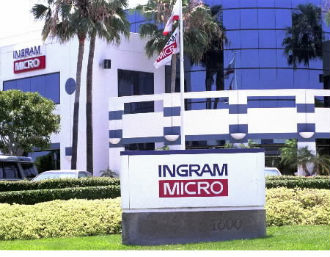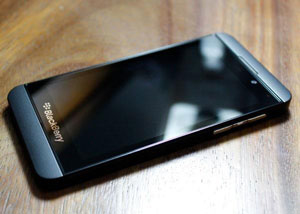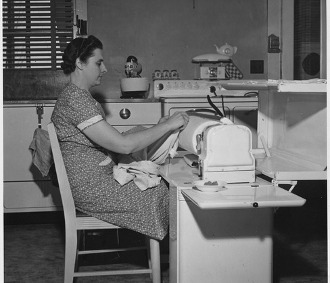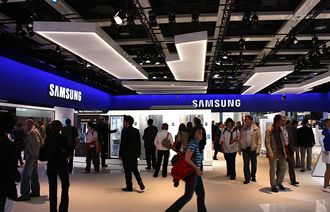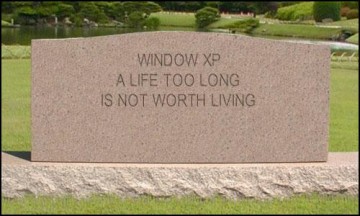 HP executives have been revealing that the maker of expensive printer ink did not think that things would get better until Microsoft pulled the plug on XP.
HP executives have been revealing that the maker of expensive printer ink did not think that things would get better until Microsoft pulled the plug on XP.
Hardware makers had been hoping for a boost to their PC bottom lines because of Windows 8’s release. When this happened, initially they blamed Microsoft’s awful interface.
But it turns out that the calmer heads in HP see the problem as a global market thing.
Windows 8 did seem to suck up the usual number of consumer PC sales, but what it did not manage to do was make a big splash in the more important business market.
The business market, particularly in the EU, has been locked down by poor economic factors. Many companies have insisted on using ancient machines running XP, rather than running newer software which requires new hardware.
Microsoft prolonged the agony by extending the life of Windows XP by providing extended support. It did this for the best of motivations. There was a fear that cash strapped companies would not upgrade anyway and just leave their networks open to attacks by running insecure versions.
However, for all Microsoft’s good intentions, it also gave businesses no reason to upgrade their hardware for another couple of years.
Now Microsoft has confirmed that XP’s time really is up now, and businesses are starting to see that their computers which must be getting on to a decade old really do need to be put out to pasture.
HP confirmed that it was starting to get new orders for PCs from upgrading firms who see that the writing is on the wall, and some other resellers who ChannelEye has talked to have confirmed the same things.
The more conservative of them are going for Windows 7 machines, but there is also a move towards Windows 8 from companies who want more future proofing.
It is an interesting potential sales pitch for channel partners who need to find new customers, or to dig up their sales lists from customers who did not return their calls seven or eight years ago.
If HP is right, then this could be the stimulus that the PC market desperately needs to get itself moving.

